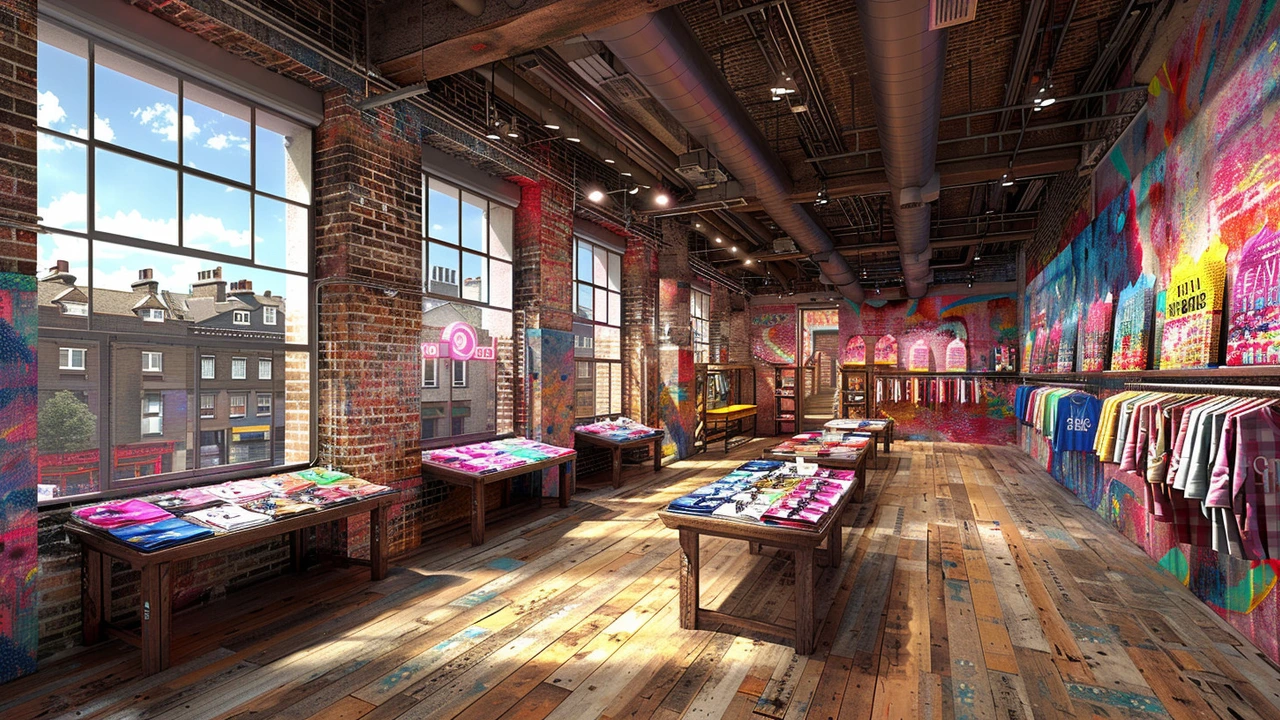The Dawn of AI in Fashion
The fashion industry, known traditionally for its intensive labor and creativity, has begun embracing artificial intelligence (AI) to enhance various aspects of its operations. From large fashion houses to small boutiques, the integration of AI is visible in several ways. Designers and companies are utilizing this technology to predict trends more accurately, optimize inventory, and offer personalized shopping experiences. For instance, AI algorithms can analyze vast amounts of data on consumer preferences and fashion trends faster and more accurately than human analysts.
Artificial intelligence also impacts the way we interact with fashion brands. Virtual assistants and chatbots are now commonplace on many fashion e-commerce platforms, guiding customers through their shopping journey, answering queries instantly, and providing personalized recommendations based on past purchases and browsing behavior.
Customizing Consumer Experience
AI's role in personalization is particularly transformative. It enables brands to offer tailor-made recommendations to individual customers, which significantly enhances the shopping experience. Tools like AI-powered virtual try-on solutions allow customers to visualize how clothes might look on them without physically trying them on. This not only saves time but also reduces the return rates for online purchases.
AI-driven personal styling services are another exciting development. These services gather data from users about their style preferences, sizes, and budget, then use algorithms to create personalized wardrobes. This level of customization was previously available only to the elite, but AI has democratized personal styling, making it accessible to a broader audience.
Boosting Sustainability in Fashion
Another significant benefit of AI in fashion is its potential to advance sustainability. The fashion industry is one of the world’s largest polluters, but AI can help mitigate this by optimizing designs and supply chains to reduce waste. For example, AI can forecast trend lifecycles more accurately, thus helping brands produce quantities that meet demand more precisely, reducing the surplus that often ends up in landfills.
Moreover, AI technologies are being used to develop sustainable fabrics that are both eco-friendly and durable. These innovations reflect an increasing consciousness in fashion production about minimizing environmental impact, aided significantly by AI’s analytical capabilities.
The Future with AI-Driven Fashion Tech
Looking ahead, the potential for AI in the fashion industry is boundless. Future advancements are expected to bring more interactive and immersive experiences through technologies like augmented reality (AR) and virtual reality (VR). These technologies could further transform traditional shopping experiences, offering more engaging and interactive platforms for consumers.
AI is not just altering how we create and consume fashion; it is also reinventing the entire ecosystem, making it more efficient, sustainable, and user-centric. Excitingly, we stand on the brink of a new era in fashion, where technology and creativity merge to redefine what's possible. Artificial intelligence, though initially viewed with scepticism in the creative sectors, is now proving to be one of the most exciting tools in the reinvention and advancement of the fashion industry.

